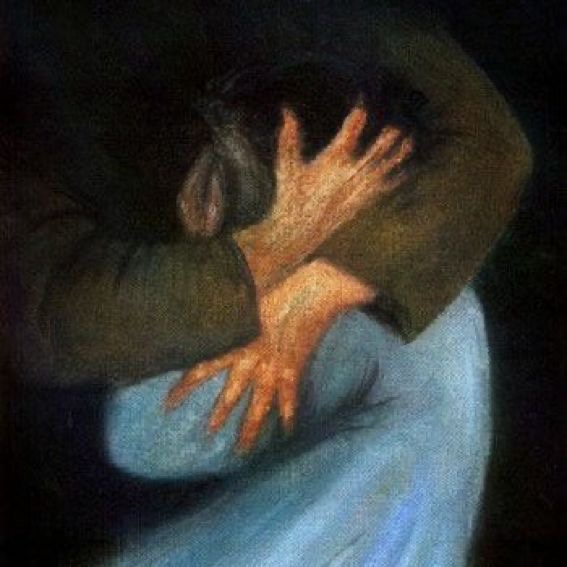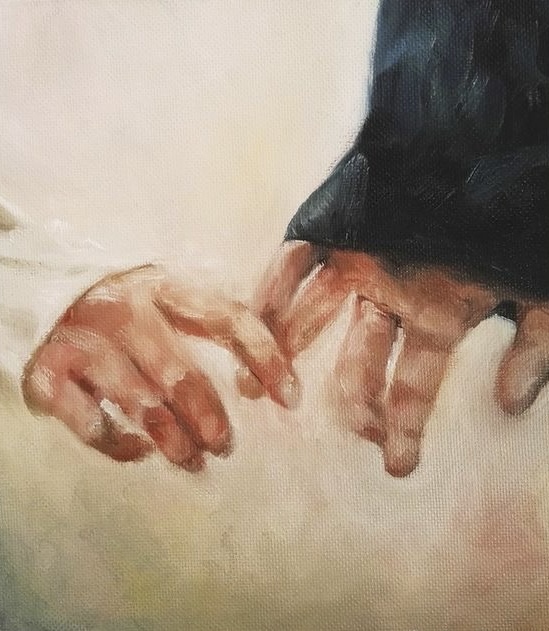
In the early months of 2020, a global crisis unfolded—an unexpected, frightening, and deadly disease spread across the world. Since mid-March, we have all been confined to our homes in quarantine, and now, we are slowly beginning to re-emerge. We wait for the world to heal, to recover, and to embrace us once again. Like many other illnesses, this one arrived suddenly and swiftly took over our reality.
The existentialist philosopher Maurice Merleau-Ponty (1945) suggests that, at times, illness itself is the only path to healing. He interprets bodily symptoms as consequences of our inability to listen to ourselves, viewing them as the most profound manifestations of sedimentation. When we become disconnected from our emotions—when we cease to experience, acknowledge, and name them—our bodies begin to "shout" in protest. At that point, illness becomes an unavoidable reality, forcing us to pay attention. When illness emerges as the only means of restoration, everything we have ignored, avoided, or suppressed returns with greater intensity. In that moment, our singular focus, the only thing we can perceive, is our body—our illness.
Martin Heidegger (1927) asserts that Dasein exists in the world through its corporeal presence (Leiblichkeit). The body is the tangible representation of our being in the world, and through it, we engage with and experience reality (Merleau-Ponty, 1945). To attain authentic existence, we must maintain a profound connection with our bodies; when this connection is severed and the rupture deepens, illness inevitably follows.
The current crisis appears to convey a similar message about ourselves, our world, and the way we live. We have been moving through life thoughtlessly, ignoring the consequences of our actions, consuming recklessly—neglecting the impact of our existence on our environment, our world, and even ourselves. This state of alienation and neglect may have led to a profound sedimentation, much like that which precedes individual illness. Just as those who disregard their bodies’ warnings ultimately succumb to sickness, we are now witnessing the repercussions of a world we have ignored for too long. Now, like a bedridden patient, immobilized and consumed by illness, we find ourselves confined to our homes, watching the disease unfold from behind screens.
Observing the trajectory of the pandemic and its effects on many of us, at least from the experiences of those around me, I find it encouraging that this period has prompted reflection, self-examination, and a renewed awareness of our place in the world. There is hope that this crisis, emerging from our detachment from ourselves and our environment, may lead us toward a more authentic and conscious existence.
From an existential perspective, this situation presents a dual possibility. Merleau-Ponty (1945), when discussing illness, also emphasizes the potential for healing. When sedimentation becomes excessive, just as many now feel a closer connection to themselves due to illness, yet await full transformation until recovery, he suggests that the self-awareness illness brings can only be fully realized post-recovery. He posits that healing can initiate a rejuvenating process and serve as a catalyst for new beginnings. However, he warns that this realization is not guaranteed. After recovery, we face two distinct paths: we can either return to a state of forgetfulness, allowing sedimentation to once again obscure our awareness, or we can persist in our journey of self-discovery and strive for balance. When the world eventually returns to "normal," we will be faced with a choice—whether to embark on a path toward authenticity or to fall back into complacency, until, inevitably, sedimentation manifests itself once more in the form of another crisis.
References
Heidegger, M. (1927). Being and Time. Trans. John Macquarrie and Edward Robinson. New York: Harper & Row.
Merleau-Ponty, M. (1945). Phenomenology of Perception. doi:10.4324/9780203981139




